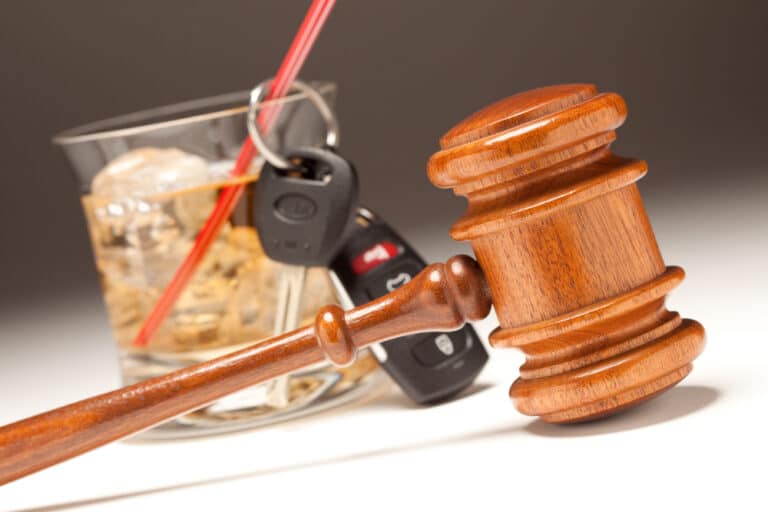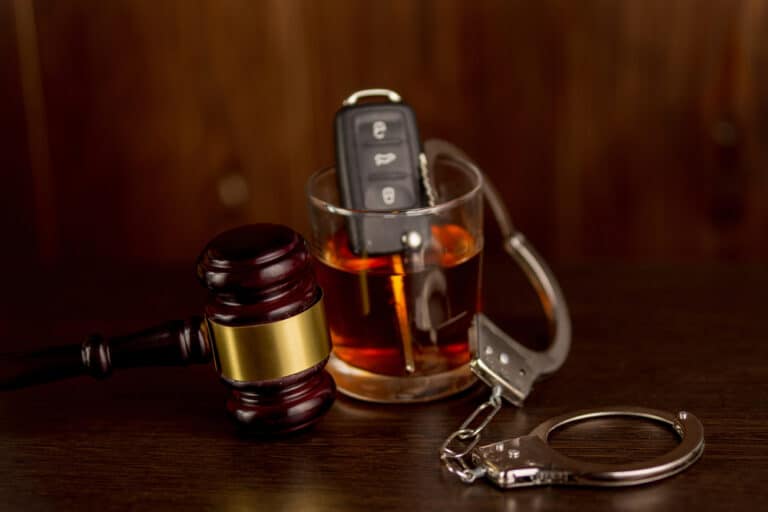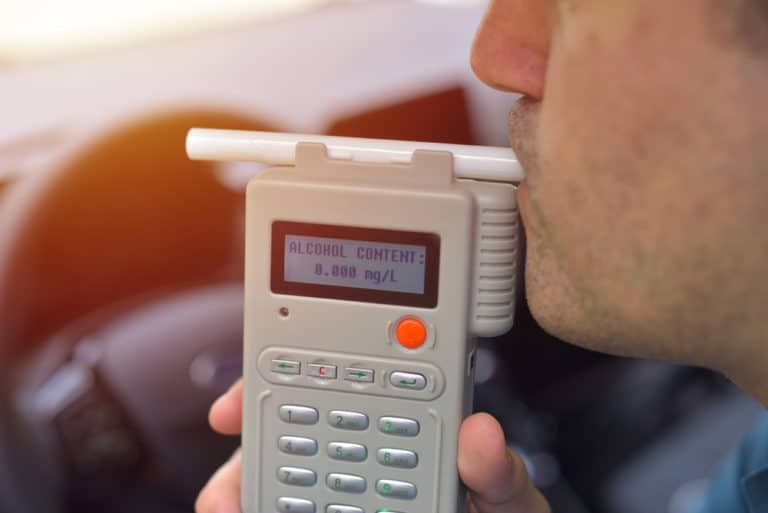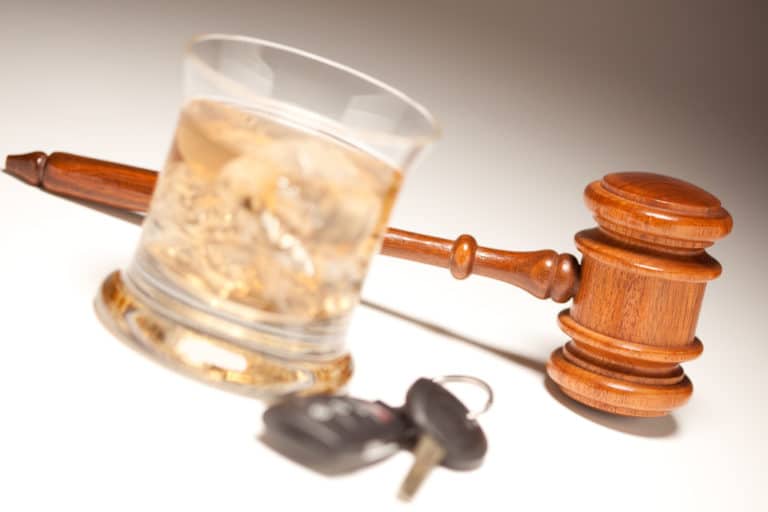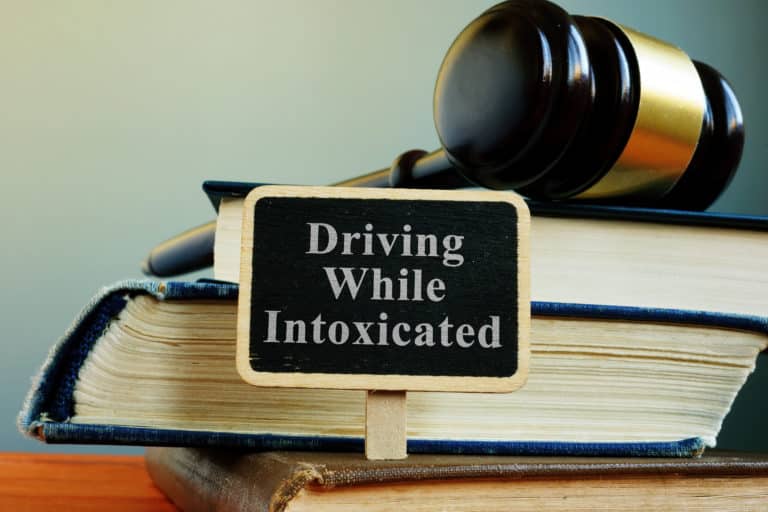Insights
Home >
What is the New York State Impaired Driver Program?
A consequence of a DWI conviction in New York can be license suspension or revocation. Losing your license, even temporarily, can have a substantial impact on your life and livelihood. However, if you qualify for the Impaired Driver Program — formerly known as the Drinking Driver Program — you may be...
5 Common Legal Defenses to DWIs in New York
A DWI is a serious criminal offense in New York that can come with life-changing penalties. If you’ve been charged with driving while under the influence of alcohol, it’s crucial to have an experienced DWI attorney who can fight the charges on your behalf. A skilled DWI attorney will be able to assess the...
Is Self-Defense a Justification in New York?
New York law permits the use of self-defense, also referred to as “justification,” in limited situations. Notably, it is a defense that may be asserted in specific cases where the defendant’s use of physical force would otherwise constitute a criminal act. Cases involving self-defense can be extremely...
Can You Challenge the Results of a Breathalyzer Test?
If you’ve been pulled over on the suspicion that you were driving under the influence of alcohol, the police will likely ask you to take a breathalyzer test to determine your blood alcohol concentration (BAC). Under New York’s implied consent laws, a driver is expected to submit to a breath or chemical...
Can a Driver Refuse a Field Sobriety Test in New York?
In a case where a driver is suspected of operating their vehicle under the influence of alcohol, a preliminary breath test isn’t the only test a police officer might ask to administer. Part of the arrest process may include conducting field sobriety tests. These types of tests are designed to assess a...
New York Launches “STOP-DWI Month” and “Don’t Drive High” Campaigns
New York State is notoriously tough on impaired drivers, and driving under the influence of alcohol or marijuana can result in serious legal consequences. Significantly, New York is cracking down on impaired driving with two new public awareness campaigns that were launched during the holiday season....
New York State Seeks to Implement Cannabis DWI Test
With the legalization of recreational marijuana in New York State, the New York State Department of Health is examining methodologies that can be used to detect cannabis-impaired driving. Unlike the technologies that can determine a person’s blood alcohol content in drunk driving scenarios, there are...
5 Common Myths and Misconceptions About New York DWIs
Being arrested for a DWI can be a stressful, scary, and overwhelming experience. Your liberty, reputation in the community, and professional standing are all on the line when you are facing drinking and driving charges. However, many people have various misconceptions about DWIs. It’s important to be aware...
What Does the Bruen Case Mean for Gun Owners in New York?
This past June, the Supreme Court of the United States issued a landmark decision in the case, New York State Rifle and Pistol Association v. Bruen. The Court held that New York’s “proper cause” requirement for a concealed pistol license violated the Fourteenth Amendment as it prevented law-abiding citizens...
Understanding New York’s Bail Reform Laws
New York’s controversial cashless bail legislation eliminated the use of cash bail for all but the most serious felonies and misdemeanors. The law, which was passed in 2019, has had a sweeping impact on the state’s criminal justice system over the last three years. While proponents argue that cash bail...
Understanding the New Concealed Carry Laws
On September 1, 2022, a new concealed carry law went into effect in New York following the United States Supreme Court’s decision in New York State Rifle and Pistol Association v. Bruen. Holding that New York’s “proper cause” requirement violated the Second Amendment, the court struck down part of the...
Use of Chemical Tests in New York DWI Cases
Chemical tests play a major role in DWI cases. Critically, there are typically three tests used in New York DWI cases to determine an individual’s blood alcohol content: blood tests, breath tests, and urine tests. While portable breath tests are commonly administered during a traffic stop, these tools are...

